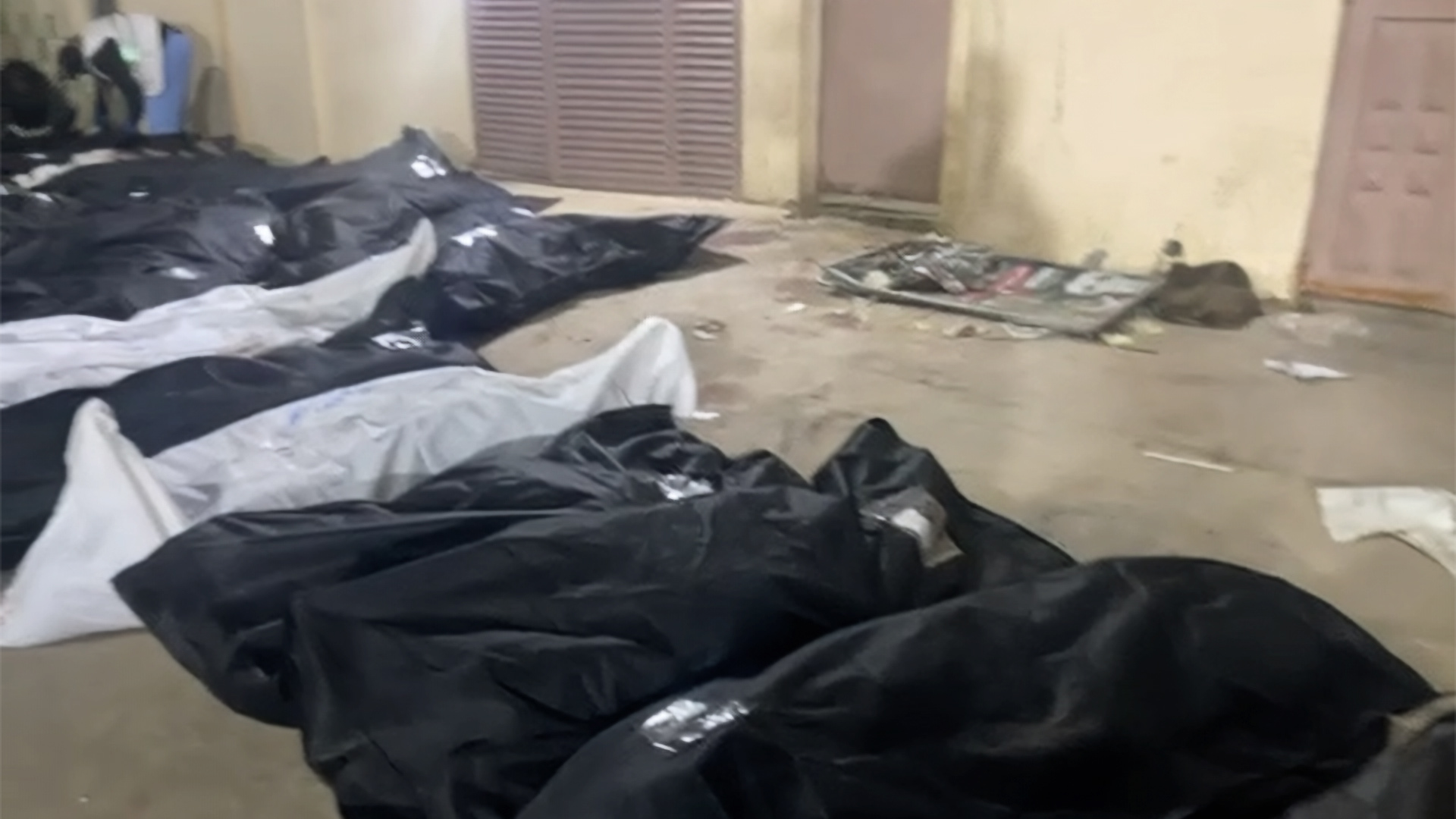play videoplay video
Video duration 00 minutes 39 seconds 00:39
The World Health Organization said that the ongoing Israeli war on the Gaza Strip since last October 7 has caused unprecedented destruction that will take decades to repair.
This came in a written response by World Health spokesman Tarek Yasarevic, to a question from an Anadolu correspondent regarding the organization’s preparations for the day after the war, and what awaits the residents of Gaza if Israel stops its attacks.
A study conducted by two universities, British and American, predicted that even if a ceasefire was declared in the Gaza Strip, more than 11,500 people would die there until next August, as a result of epidemics, diseases and injuries.
In response to Anatolia's question, Jasarevic confirmed that the war in Gaza caused unprecedented destruction.
He noted that between 70 and 80% of civilian infrastructure, including homes, hospitals, schools and water facilities, was destroyed or severely damaged.
Infrastructure repair
He pointed out that it would take decades to repair the infrastructure, including the health care system that is dying in Gaza.
Jasarevic stated that 13 hospitals out of 36 in Gaza are partially operating, most of which are located in southern Gaza.
He added that the United Nations Environment Program estimates that removing the rubble and rubble in Gaza will take from 3 to 12 years.
He also noted that the United Nations Conference on Trade and Development (UNCTAD) estimates that rehabilitating Gaza's economy, including rebuilding the critical health care system, will cost tens of billions of dollars.
Jasarevic stressed that the World Health Organization will continue to implement its operational plan to support hospitals in Gaza, with a request for financial support worth $110 million.
He explained that they will continue to support existing health facilities, enhance and maintain health services, treat the wounded, provide care for traumatized patients, and support medical evacuations.
He added, "We will continue our work with international emergency medical teams, focus strongly on establishing additional field hospitals and try to meet urgent needs."
In response to the same question from Anatolia, the spokesman for the United Nations Office for the Coordination of Humanitarian Affairs (OCHA), Jens Laerke, said that they have repeatedly warned of the effects of not providing sufficient aid to the Palestinians in Gaza.
Increased misery
"It is not only war and bombing that cause dire consequences," Laerke added. "A public health and hunger crisis that leads to increased misery can also be deadly."
He stated that they are making every effort to deliver aid to the war zone and that they have been calling for a ceasefire for humanitarian reasons for a long time.
The UN official indicated that they plan to significantly increase humanitarian aid operations, once a truce is reached.
Israel is waging a devastating war on the Gaza Strip, which as of Saturday has left 29,606 martyrs and 69,737 injured, most of them children and women, in addition to an unprecedented humanitarian catastrophe and massive damage to infrastructure and property.
Source: Anadolu Agency

